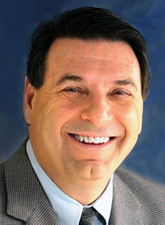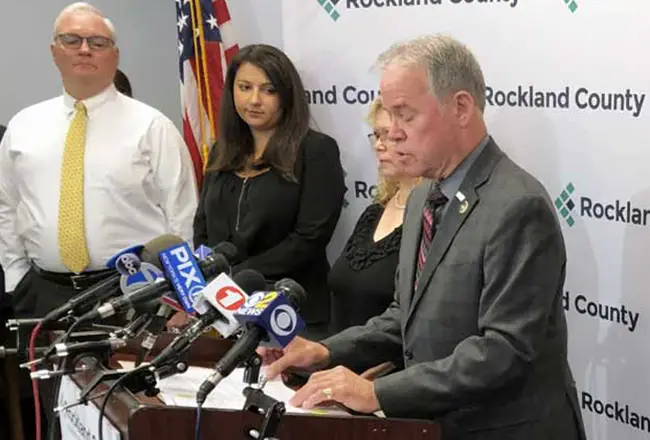U.S. consumers should prepare for the possibility of a recession unfolding during the next 18 to 24 months.
That”™s the prediction from San Francisco-based behavioral economist Dan Geller.

“We are now pretty much at the end of one of the longest recoveries we”™ve had in recorded history,” he said. “It is part of the normal economic cycle to start contracting after a long recovery. With the hype about a recession, trade issues and the economic cycle, we will reach a point where we go into a recession.”
Data from the U.S. Department of Commerce showed an increase of 0.4 percent in advance retail sales for August.
However, regarding what may impact future sales reports, the University of Michigan Consumer Sentiment Index posted a drop of 9.8 points while the Conference Board Consumer Confidence Survey fell 0.7 points in the same month.
“The perception of an economic decline, once it turns into action, will cause a recession,” he said. “All it takes is a 5 percent reduction in consumer consumption to put the U.S. into a recession because 70 percent of our GDP is made up of consumption, so a 5 percent decrease in consumption would mean a 3 ½ percent drop in our GDP. That would mean GDP would be negative, which means a recession.”
He added that the trade war with China is likely to impact the U.S. economy.
“The trade war is going to be prolonged,” he said “It could be that China is going to sit and wait until the U.S. election next year to determine how to proceed. This means at least another year plus, and this will have an impact on our economy.
“A prolonged dispute can cause a decrease in consumption and an increase in money anxiety. When money anxiety goes up, people instinctively spend less and save more.”
A recession would have political consequences, as Geller stated that such an event would decrease the probability of President Donald Trump”™s re-election in 2020.
“If money anxiety is trending up, the probability of re-election of the incumbent president diminishes,” he said. “This has been the case, without exception, for the last 60 years.”
Geller dismissed the impact of any future interest-rate cuts by the Federal Reserve.
“It does not help with the level of money anxiety,” he said. “What that does is it makes it cheaper to borrow. But when money anxiety increases, instinctively people reduce borrowing and spending. Even if it is cheaper to borrow, they won”™t do it because this is our instinct. Instinct is about survival.”
Geller”™s comments included a mention of James Carville, an adviser to former President Bill Clinton.
“James Carville said, ”˜It”™s the economy, stupid,”™ ” Geller said. “What I”™m saying is, ”˜It”™s the anxiety, stupid.”™ The anxiety goes up and then the economy goes down because we are a consumption-based economy. The most important thing is to observe what people do with their money. That is the key.”





















